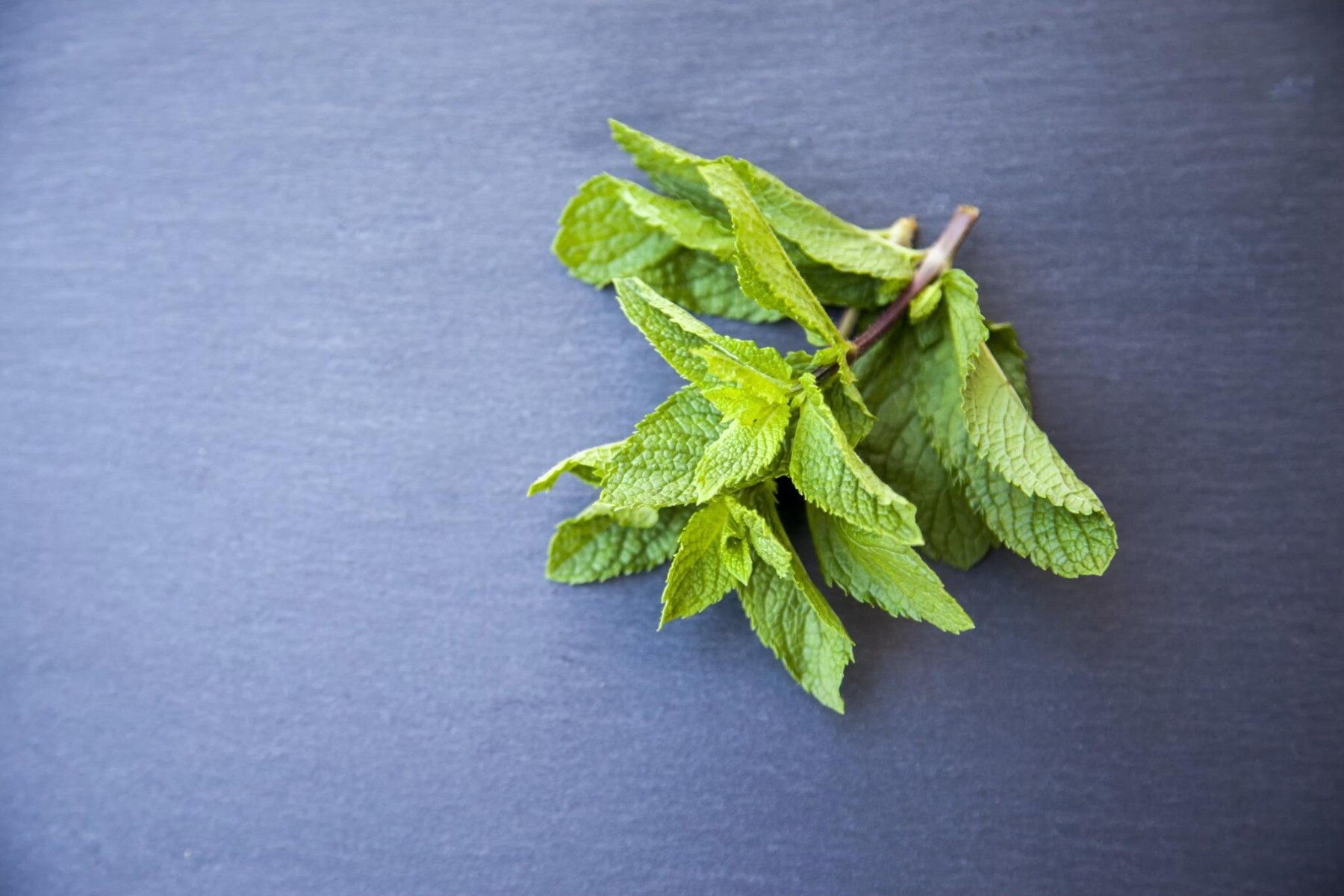Essential oils have been a staple of cooking, perfume, and medicine for thousands of years. They feature as a key ingredient in many of our household items, and some people even make a hobby out of creating their own! There are a lot of myths and hearsay surrounding their use, however, so today we’re going to go through the basics of essential oils, and explore the practical uses of some of the most common oils out there.
What are essential oils?
Essential oils are highly concentrated liquids created through plant extracts that have been converted into oils. concentrated plant extracts that have been turned into oils. The oil itself therefore contains the “essence” of whichever plant it has been created from. Large amounts of the original plant are often used to make just a small amount of essential oil, which is why the liquid is so concentrated and oftentimes has to be diluted before use.
Just as all plants have their specific uses and benefits, the oils created using their essence all have specific properties and can be used to elicit emotions via scent, or as a component in medicinal treatments. Many people use them in homeopathic practices like massage therapy or aromatherapy, or even just to create a certain atmosphere in their home.
How are essential oils created?
Essential oils are made through pressing or distilling plant leaves, peels, roots, seeds, and flowers. Through mechanical pressing, the oils contained within a plant are extracted through applying a high degree of pressure. This method is common for extracting oils from thicker materials, such as citrus peels or bark. Through the practice of distillation, steam is filtered through plant materials and then condensed to form a liquid that is part water, part essential oil. This method is more common for delicate parts of a plant, and is used to extract the oils of flowers and leaves like lavender and mint.
The most common essential oils
Peppermint essential oil

Peppermint is one of the most common essential oils out there, and is common to find in the average person’s home. Peppermint is enjoyed for its cosy, atmospheric scent and many people feel that it reminds them of winter festivities. Beyond its charming smell, peppermint is known for its ability to ease the symptoms of gastro-intestinal discomfort and is used by many people who suffer from IBS (irritable bowel syndrome). Peppermint essential oil is almost always created via the distillation method of extraction, and can be purchased in homeware shops and pharmacies.
Lavender essential oil

Lavender is another one of the most common essential oils available on the market. Lavender essential oil is renowned for its incredibly calming scent and is often used for relaxation and aromatherapy. The use of lavender essential oil is often prescribed for those experiencing anxiety or difficulty sleeping. It is also used by some to relieve the symptoms of headache and migraine.
Tea tree essential oil

Tea tree oil is considered to have antibacterial and antifungal properties, and therefore is often an ingredient in soaps and disinfectants. It is commonly used to treat wounds and infections, and is a home cure for getting rid of head lice. As it is also considered to aid with controlling dandruff, tea tree oil is a common ingredient in many shampoos and skin lotions.
Clove essential oil

Clove is a particularly useful essential oil that many people keep on hand at home for its anti-inflammatory benefits. Clove oil acts as a natural painkiller, and is one of the oldest tricks in the book for treating toothache. It has a natural numbing effect, which can be felt immediately upon contact with the skin. It is also used by many people to ease the effects of nausea, and as a carminative - meaning that it prevents the formation of gas in the gut.
Eucalyptus essential oil

Eucalyptus is one of the most recognisable smells of all essential oils. Many people use it to create a fresh, calming environment in their homes. Eucalyptus oil is renowned for refreshing a space, and is often used to chase out foul odors or cover the smell of mould or mildew. Aside from this uplifting property, eucalyptus clears the sinuses and is often used by those with a cold or flu eto clear their airways and make breathing that little bit easier!
Chamomile essential oil

Chamomile essential oil is a classic remedy for stress and anxiety. Much like chamomile tea, chamomile oil is often used by those looking to wind down and is taken as a sleeping aid. Its calming properties appear to also extend to the skin, as it is used by some to reduce the symptoms of eczema.
These are the most basic essential oils that most people first get acquainted with, but the range of oils out there to explore is as broad as nature itself!
